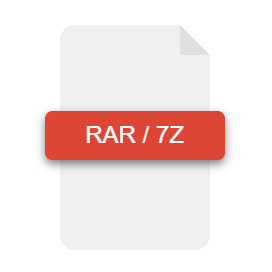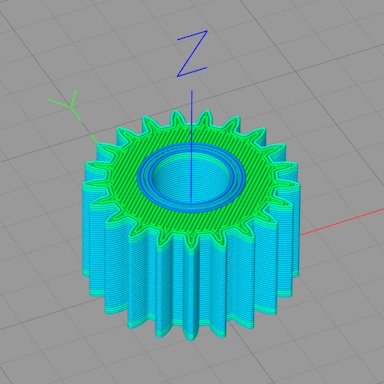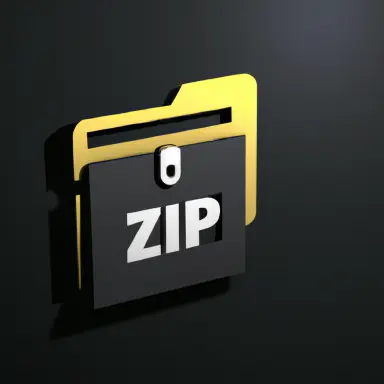| Extension | VDX |
| Full Name | Microsoft Visio |
| Type | Vector |
| Mime Type | application/octet-stream |
| Format | Binary |
A VDX file is the native format used by Microsoft's Visio presentation and charting software. The Visio software has been around for many years and is used primarily for the creation of complex flowcharts.
The format stores the various elements that make up a flowchart, such as text, formatting, connections, and more, in a bespoke binary format that has since been superseded by the more modern XML based VSDX format.
Visio diagrams can be opened without the need to have Visio software installed, allowing VDX files to be easily distributed amongst project stakeholders.
| Extension | PDF |
| Full Name | Portable Document Format |
| Type | Document |
| Mime Type | application/pdf |
| Format | Binary |
PDF documents have been around for many years, becoming the standard format for storing and transmitting documents with rich content such as formatted text, images, tables, and other complex formatting. The format is still under development, with new features being added with each revision.
One of the reasons for its widespread adoption is its ability to store all the required document components, especially fonts, within a single file, allowing the document to be rendered equally on different platforms and devices.
PDF documents are read-only, unless opened within Adobe's own editing software. Support for importing and converting to and from the PDF format is widely supported by document editing software.









